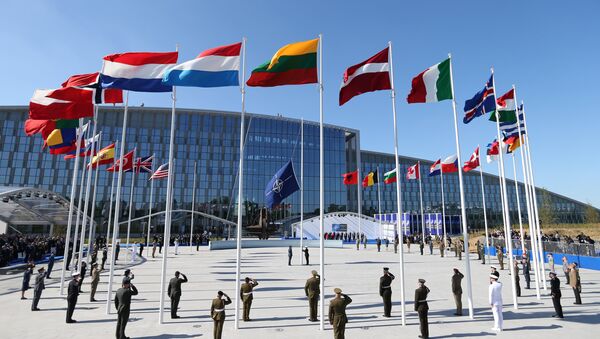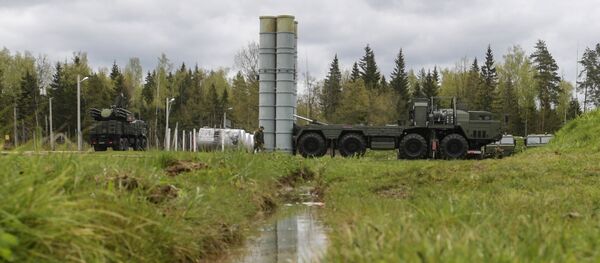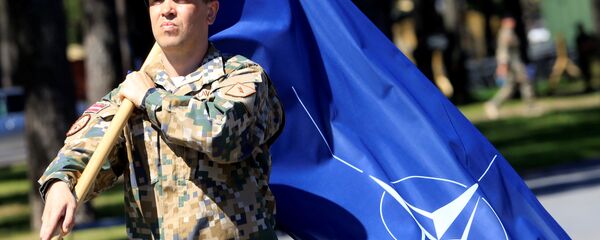WASHINGTON (Sputnik) — NATO members have agreed on a new adaptive command structure to improve the alliance’s ability to move military forces across Europe, NATO Secretary-General Jens Stoltenberg told a press conference after the North Atlantic Council Defense Ministers Meeting last week. According to Stoltenberg, the new command structure will further strengthen NATO’s capability to reinforce allies quickly and effectively.
However, the move comes amid the unprecedented NATO military buildup in Eastern Europe which has been further boosted since 2014 in the wake of the crisis in Ukraine.
"The more important consequence will be to aggravate relations with Russia, increase the risk of conflict by inadvertence, and deny ourselves the opportunity to develop a working relationship with Moscow," Brennan said.
In Ukraine, a small minority of well-organized extreme nationalists had already forced the country’s weak government into a policy of growing confrontation with Russia, Brenner observed.
"As for Ukraine, it emboldens the ultra-nationalist right to hold President [Petro] Poroshenko hostage to their ambitions of regaining control of Crimea and turning Ukraine into a neo-fascist state," he said.
The nations of Western Europe were allowing themselves to be swept along super-hawk ideologues driving US foreign policy and needed to reassert their own countries’ more moderate national interests in the face of these pressures, Brenner advised.
However, the leaders of the major Western European nations lacked the moral and political courage to stand up to Washington and instead allowed themselves to swept along by rhetoric and policies hostile to Russia, Brenner noted.
"They have not the fortitude, the strategic sense, or the unity to do that. So they draft plans for build-ups that never will materialize to address a fantastic threat that doesn't exist," Brennan claimed.
However, the supposedly tough and resolute NATO policies like the new command structure lacked any concrete reality and therefore changed nothing except to further strain existing relations between east and West, Brenner observed.
"The cumulative effect of all these initiatives is zero in practical terms. NATO was custom-made to deal with the threat" it allegedly faces," Brennan concluded.
University of Louvain philosopher and political commentator Professor Jean Bricmont told Sputnik that the new system would further increase tensions and block efforts to resolve them.
"Now if people were really concerned about ‘lessons of history,’ it seems to me that they should first of all… oppose the military buildup and promote diplomacy. Instead of that, they often view any peace initiative as another ‘Munich,’" Bricmont said.
Moscow has repeatedly voiced its protest against NATO's military buildup, saying that it would undermine regional stability and result in a new arms race. Nevertheless, in 2017, the alliance has decided to approve sending four multinational battalions to each of the Baltic States — Lithuania, Latvia and Estonia — and to Poland.






